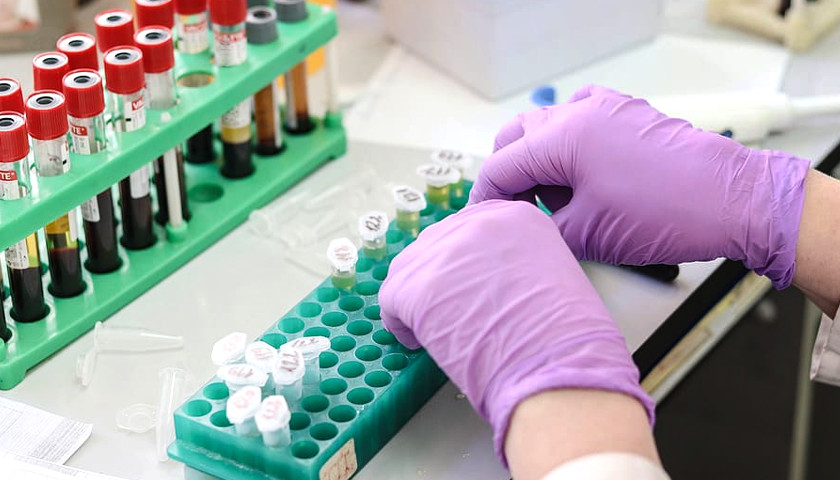by Cole Lauterbach
Many states in the U.S. are hinging their COVID-19 mitigation strategies on the availability of a widely available vaccine. An issue bound to arise is the extremely cold temperatures the most promising experimental vaccines need to be kept at and the logistics of delivering them across the country.
Moderna’s COVID-19 vaccine is estimated to remain stable at standard refrigerator temperatures of 36° to 46°F for 30 days. Longer storage means a required temperature of mRNA-1273 needs -4°F for up to six months.
Pfizer’s most-promising vaccine is even more fickle, requiring a storage temperature of minus 92 Fahrenheit, which the company says will last 10 days in one of their specialized containers.
Dispersing the vaccines across the country while keeping their temperature low is going to prove a monumental challenge in need of business-government cooperation not seen since World War II, said Mike Kucharski, co-owner and vice president of Summit Cold Storage in the Chicago area.
“It’s going to go over the rail, it’s going to go over the road, it’s going to definitely hit air cargo to be shot all over places,” he said. “All hands on deck will be needed to get this out to all the people.”
The additional cost, Kucharski said, is likely to be significant.
“These trucks are delivering other essential goods and Pfizer, to cover these loads, they’re going to have to pay more,” he said.
Gov. J.B. Pritzker said last week that he expects federal dollars to account for much of the cost of the distribution of the eventual vaccine for COVID-19.
– – –
Cole Lauterbach reports on Illinois and Arizona government and statewide issues for The Center Square. He has produced radio shows for stations in Central Illinois and created award-winning programs for Comcast SportsNet Chicago.




